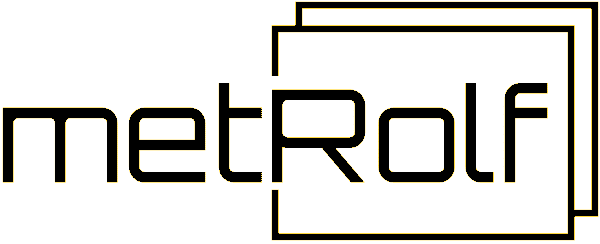The cover letters read as if they were written by the same copywriter. Perfect Dutch, no spelling mistakes, all the right buzzwords. AI has fundamentally changed the rules of recruitment, while only 33% of Dutch recruiters fully understand what this means.
The new reality: perfection as a red flag
Candidates are embracing AI tools to formulate perfect answers, optimize their application materials, and employers face the challenge of looking through this digital polish and recognizing a candidate's true qualities. The tension between efficiency and authenticity has never been greater.
Recognition Signals: The Technical Markers
Linguistic Patterns
Recruitment experts have found that texts are likely to have been generated by AI if:
- Each word in a sentence with a capital letter begins
- Avoid unnecessary capitalization in sentences
- Texts contain excessive punctuation that does not correspond to how people normally write
- Perfect grammar without any natural error or variation
Substantive Signals
- Generic formulations applicable to any function
- Excessive use of buzz-words without concrete substantiation
- Long, complex sentences that sound ' too perfect’
- Lack of personal examples or specific experiences
- Identical structure between different applications
The Paradox of AI detection
It is striking that employers now offer a rebuttal and use AI detection tools themselves to recognize generated applications. But that tooling also comes with caveats: using a tool like Grammarly can lead to text being classified as AI-generated, while this is just language help.
Hiring managers think they can recognize AI resumes, but research shows they can barely-even if they think they can.
Strategic Approach: Beyond Detection
1. Focus on depth instead of perfection
Ask questions that delve deeper into experience:
- “Describe a specific supply chain challenge that you have solved”
- "What mistakes did you make in your procurement career and what did you learn from them?”
- "Tell us about a time when your logistics expertise really made the difference”
2. Procedural Interviews
AI can generate perfect answers, but struggles with:
- Real-time troubleshooting
- Improvisation during conversations
- Authentic emotions and reactions
- Specific technical details that are not online
3. Practice-Oriented Assessments
Voor logistiek, supply chain en procurement professionals:
- Case studies met realistische scenario’s
- Technical questions about systems and processes
- Situational conversations about crisis management
- Portfolio discussions of concrete projects
The positive side: AI as an equalizer
The use of AI reduces the impact of unconscious biases that often play a role in human raters. Candidates who struggle with writing skills can now better communicate their expertise. This leads to more diverse and potentially better functioning teams.
Technology support: your AI Arsenal
AI recruitment Tools that help
- Recrubo: AI recruitment chatbot for automated candidate communication
- Predictive Analytics: Tools that recognize patterns in successful employees
- Video-analyse AI: For authenticity assessment during online interviews
- Blockchain-verificatie: For verification of claims and certificates
Data-Driven Decisions
The use of AI in recruitment can recognize patterns in successful employees and apply this knowledge when searching for new candidates. The focus shifts from perfectly written documents to predictive indicators of successful functioning.
Best Practices: The New Recruitment Strategy
1. Hybrid Assessment
Combine AI tools with human intuition. Use technology for initial screening, but let experienced recruiters make the final assessment.
2. Transparency about AI use
Be open about your own AI use in the recruitment process. This creates trust and encourages honesty among candidates.
3. Competentie-Based Recruitment
Shift to skills-based hiring instead of document-based screening. Focus on what candidates can do, not how perfect they can write.
4. Continuous Learning
Keep track of which indicators actually correlate with good employees. AI-generated applications can sometimes hide surprisingly good candidates.
Legal and ethical considerations
With the AI regulation of February 2025, responsible AI use becomes a legal obligation. Ensure you meet the requirements for Responsible AI use and candidate privacy. Develop clear guidelines on:
- Datagebruik in AI-recruitment tools
- Transparency for candidates
- Bias prevention in algorithms
- Privacy-protection of application data
The future: Partnership, not struggle
The Smart Employer is not fighting AI, but developing strategies that maximize benefits while maintaining authenticity. In 2025, job growth stabilizes and the UWV expects a slight increase – this means that the best talents can choose where they want to work.
Conclusion: evolution in recruitment Excellence
AI is fundamentally transforming recruitment. Being successful doesn't mean blocking AI usage, but developing smarter ways to recognize real quality. The best candidates use AI as a tool to better communicate their expertise-and the best employers develop methods to see people through technology.
Your competitive advantage lies not in recognizing AI, but in finding excellent talent – regardless of the tools they use.
Bronnen: RecruitmentTech.nl, HR Praktijk, Business Insider, RecruitmentTraining.pro, MrWork, BNN VARA Kassa

